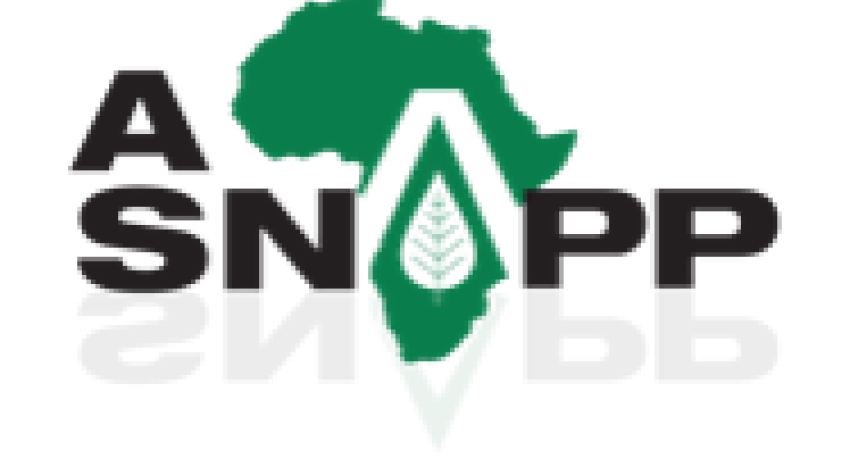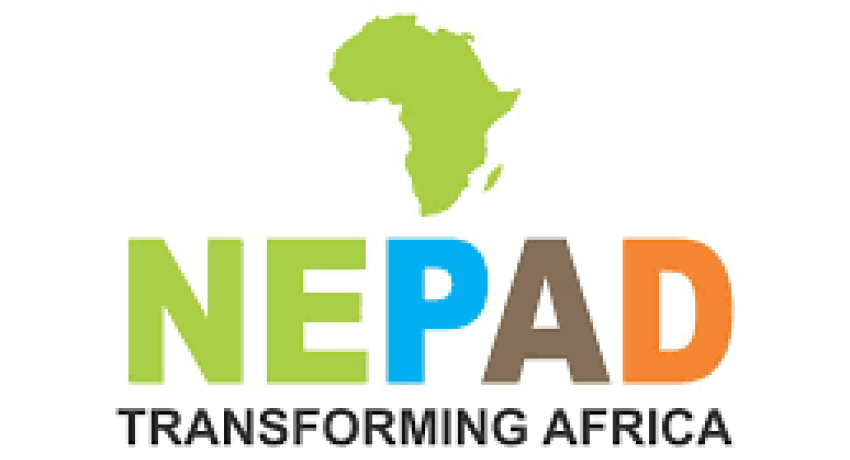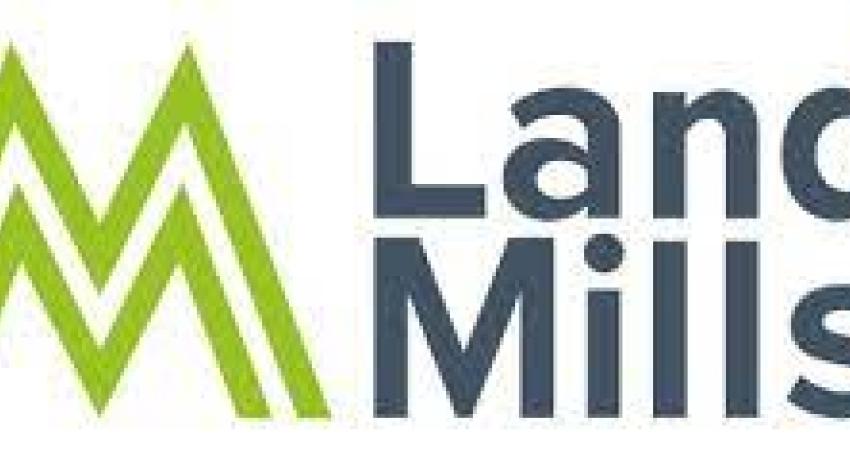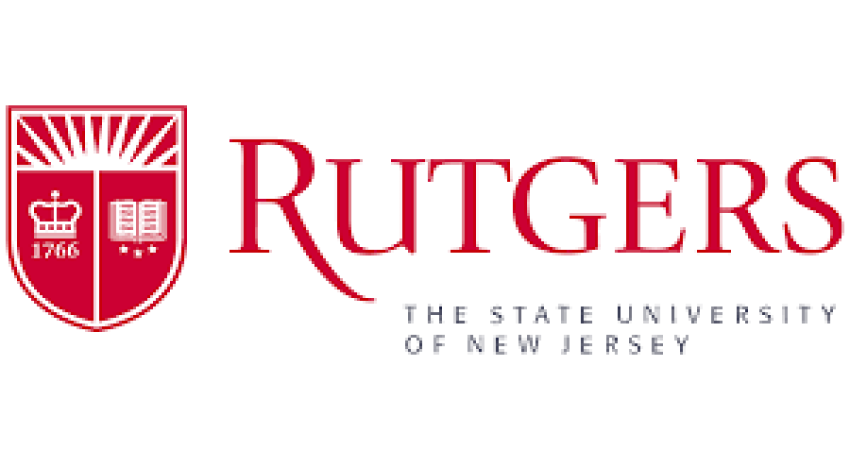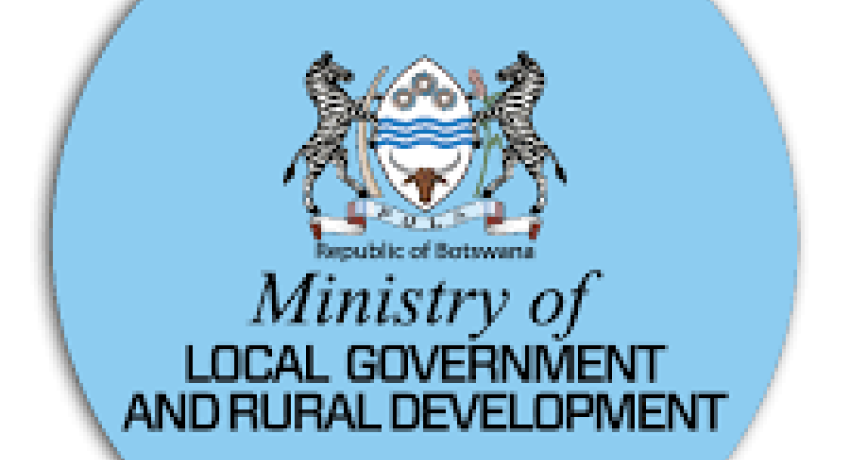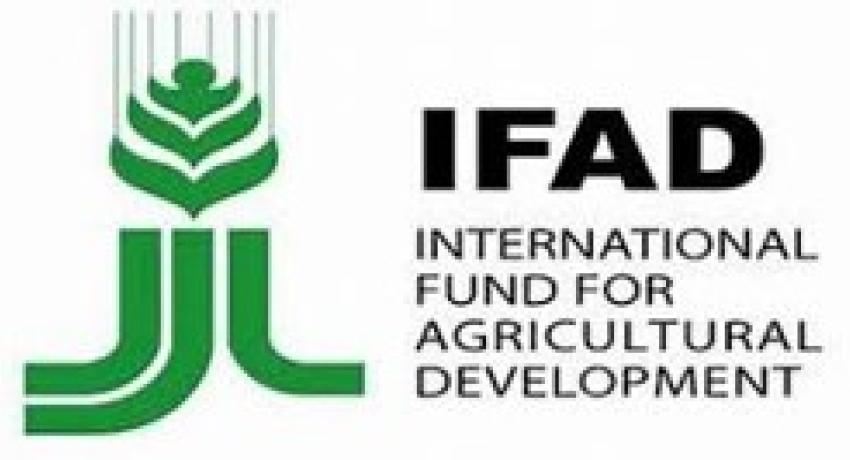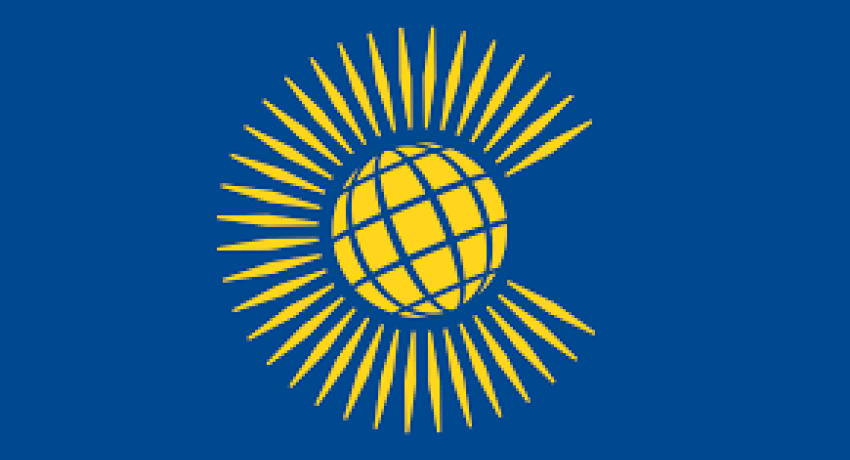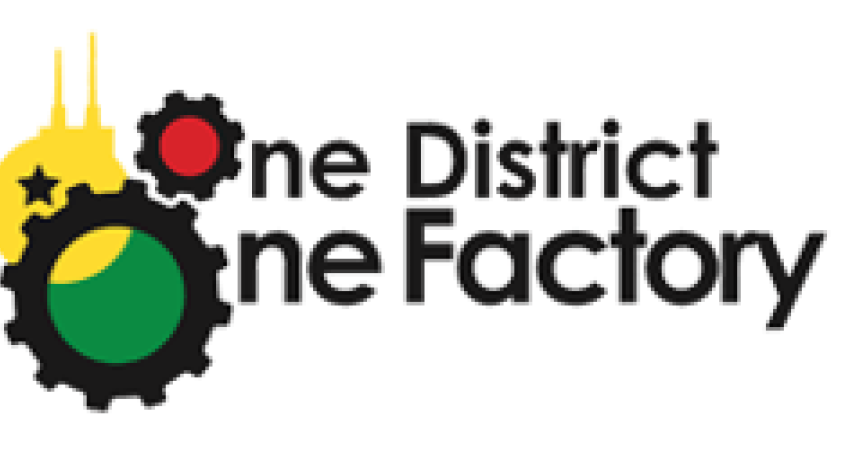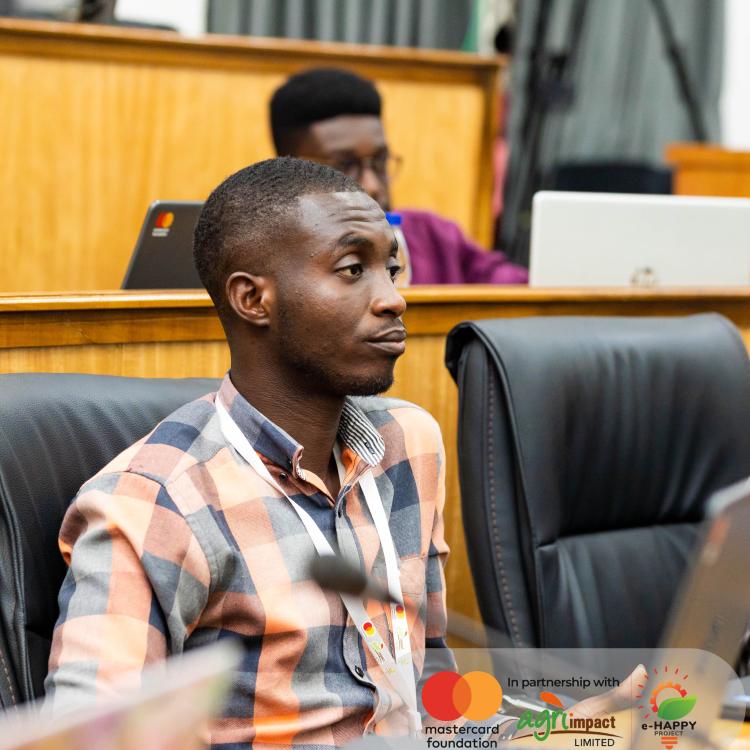Entrepreneurship for Opportunity Actualization (EOpAct) was an African-wide internship program implemented by Agribusiness in Sustainable Natural African Plant Products (ASNAPP) in five African Countries (Ghana, South Africa, Zambia, Senegal, and Liberia). The project received its initial funding from USAID through the Africa Lead II internship-based Agribusiness Leadership Program (ALP).
Entrepreneurship for Opportunity Actualization (EopAct) was a USAID funded program implemented in five African Countries (Ghana, South Africa, Zambia, Senegal and Liberia) as part of the Africa Lead II internship-based Agribusiness Leadership Program (ALP). The program sought to provide distinctive services to graduates, youth and women to build their technical, managerial and vocational capacities to fit into agricultural value chains, job markets and business opportunities capacities.
ASNAPP through its extensive network engaged interested agribusiness firms across the continent about this internship placement program. Firms applied needs assessment conducted and firms profiled based on their needs and location. ASNAPP introduced the program to prospective interns that did a walk-in, or through a developed website and other students’ WhatsApp platforms. Interested students who applied were shortlisted based on the information provided on application forms and interviews conducted. After the selection, interns were trained to meet the needs of the host firms. Training topics covered included Entrepreneurship, Critical Thinking, Ethics and Basic Skills. Additionally, a few interns were further trained in greenhouse production techniques, open field production, pig production (using the IMO technology) and marketing at the request of host firms. Ideal interns were then matched to firms and host firms signed on by signing MOUs and or providing appointment letters.
- Expanded Africa Lead II’s existing network of intern-hosting companies and organizations.
- Provided a matching service by recruiting, placing, and supporting interns in appropriate host companies/organizations.
- Built the capacity of companies and organizations to develop their in-house internship programs.
- Reported on and publicized the results achieved by the IPN.
- 40 graduates, 25 SMEs/start-ups and 20 students interested were enrolled on an internship program.
- 15 agribusiness firms signed onto the internship program.
- 5 agribusiness firms interested in the long-term internship program.
- 20 successful internship programs profiled.
- 50% of graduate interns employed.
- 70% of start-up interns expanded their business.
- The Project had no budget line for travelling to the other implementing countries to monitor progress of work and provide technical assistance when needed. This caused unnecessary hold ups and delayed implementation and reporting. This was due to the eleventh-hour redesigning of the program to cover more African countries. For continental-wide program, there needs to be funds to cover monitoring country programs.
- Working with Development Partners and Government agencies, ASNAPP Ghana explored funding that will cover for ASNAPP facilitation cost. The Government of Ghana through the YEA indicated their willingness to rely on ASNAPP to train interns/incubatees for its modular internship program at the just ended workshop. ASNAPP therefore re-aligned EOpAct activities to ensure better fit with the YEA program to be able to serve as the training arm for the YEA to generate additional resources. It was expected that over time, host firms would increase their contributions and eventually fully pay for the recruitment and training cost
- Most host firms were not in the position to pay for the full cost of the Internship. Thus, ASNAPP sought to:
- Provide support to the firms that have signed up to internalise the internship program in their organizations to ensure long term sustainability
- ASNAPP rolled out the minimal fee-paying student module to part cover the recruitment and training costs while the firms bore the stipend and hosting costs



